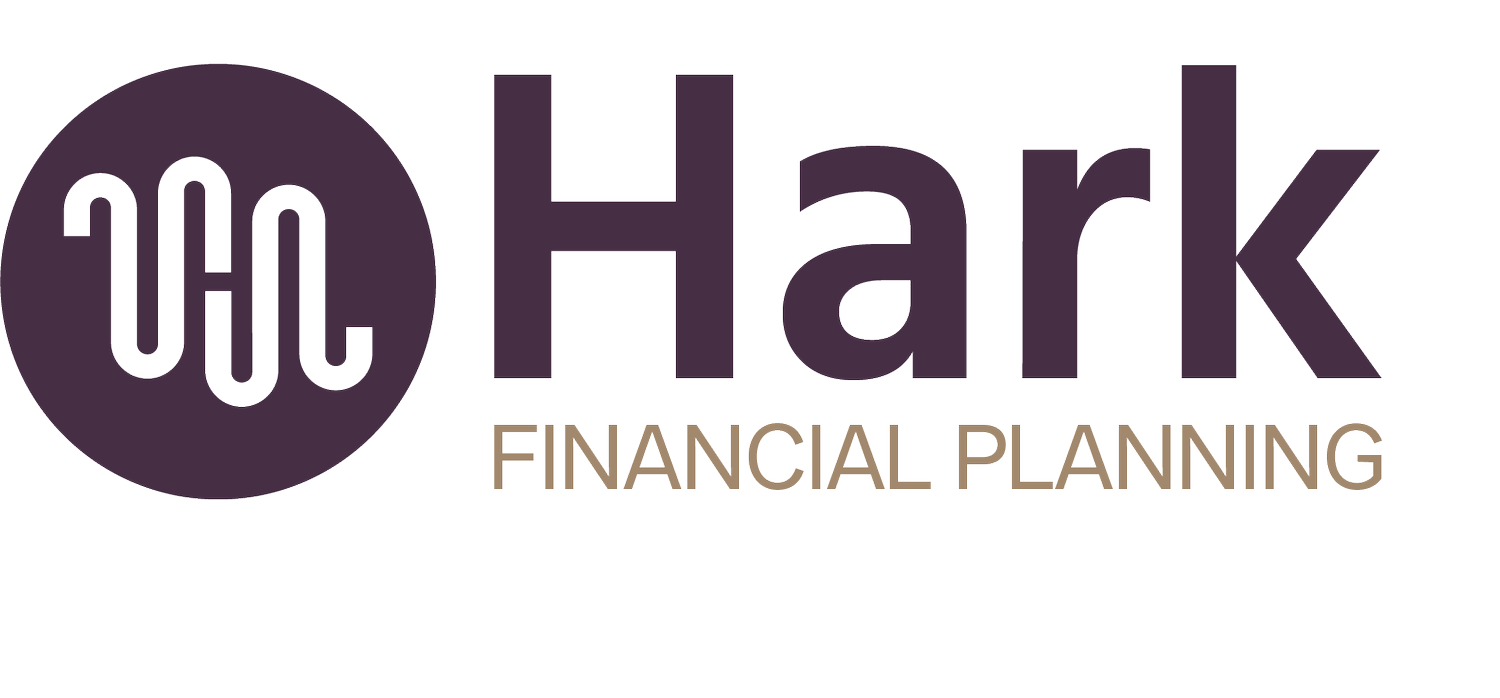What Issues Should I Consider as a Business Owner or 1099 Worker?
Navigating the finances as a business owner or a 1099 worker in the legal field can be complex. Whether you're a law partner or a self-employed lawyer, there are specific financial, tax, and legal considerations that can significantly impact your professional and personal life. This blog will explore the critical issues you should consider to ensure compliance, optimize tax strategies, and secure your financial future.
Understanding Tax Obligations
Effective tax management is crucial for self-employed lawyers and law partners. Understanding your tax obligations ensures compliance and can save you from potential penalties.
1. Tax Planning and Payments
Estimated Taxes: As someone without withholding on income, you're likely required to make quarterly estimated tax payments. Failure to do so can result in penalties.
Self-Employment Taxes: Beyond just income tax, you're also responsible for paying self-employment taxes, which cover Social Security and Medicare.
2. Deductions and Expenses
Identify which expenses are deductible, such as home office expenses, travel, and continuing education, to reduce your taxable income.
Staying proactive with tax planning and understanding what deductions you can claim are vital steps to optimizing your financial outcomes and minimizing your tax liabilities.
Legal Structure and Liability
The choice of business structure is a fundamental decision that affects both the legal and tax aspects of your practice.
Choosing the Right Business Entity
The structure of your business (e.g., sole proprietorship, partnership, LLC, or corporation) affects everything from your tax obligations to your personal liability in legal matters.
Evaluate how different structures can provide varying levels of liability protection and tax efficiency.
Selecting the appropriate business entity is critical for safeguarding your interests and enhancing the operational efficiency of your practice. Make sure to consider both the legal protections and tax implications of each structure.
Financial Management
Effective financial management is a cornerstone of running a successful legal practice, particularly for those who are self-employed or partners in law firms.
Accounting and bookkeeping. Effective bookkeeping is crucial for accurate financial tracking and making informed business decisions. Consider hiring a professional accountant or using robust accounting software to manage your finances.
Retirement planning. Unlike traditional employees, you won't have access to employer-sponsored retirement plans. Setting up a self-employed retirement plan like a SEP-IRA or Solo 401(k) is essential.
Maintaining precise financial records and preparing for your future with a solid retirement plan are both critical in managing your practice’s finances effectively and securing your long-term financial health.
Insurance Needs
Intro: Insurance plays a critical role in risk management for any law practice, especially for those operating independently or within a partnership.
Professional liability insurance. Also known as malpractice insurance, this is critical for legal professionals to protect against claims of negligence or harm caused by professional services.
Health and Disability Insurance. Health insurance options need to be considered carefully, especially if you're purchasing through the marketplace due to the absence of employer contributions. Disability insurance is also important, as it ensures income continuation if you're unable to work due to illness or injury.
Securing the right insurance coverage is essential for protecting both your professional and personal well-being. From professional liability to health and disability, each type of insurance addresses a specific risk that can have substantial financial implications.
Practice Management and Professional Growth
For self-employed lawyers and law firm partners, robust practice management and proactive planning are vital for both short-term success and long-term viability.
Continuity and succession planning. Establish a clear plan for the future of your practice, addressing potential retirement, disability, or unexpected events. This includes setting up buy-sell agreements in partnerships and comprehensive estate planning to ensure smooth transitions.
Client and contract management. Maintain legally sound contracts that protect your interests and define clear terms of work and payment. Simultaneously, focus on strategies for effective client communication and retention to foster sustainable growth.
Compliance and professional development. Stay informed about regulatory changes that could impact your practice. Invest in continuous learning through professional development opportunities to enhance your expertise and compliance in a rapidly evolving legal landscape.
Managing a legal practice demands meticulous attention to operational details, future planning, and regulatory compliance. By effectively handling these aspects, you safeguard your practice’s stability and ensure its growth in a competitive field. Engaging in ongoing professional development and networking also contributes to your personal and professional advancement, keeping you relevant and informed.
Conclusion
For business owners and 1099 workers in the legal sector, staying informed and proactive in managing these aspects of your business is crucial. Seeking advice from financial advisors, tax professionals, and legal consultants can provide you with a strong foundation, helping you to navigate challenges and leverage opportunities effectively.
If you're seeking personalized advice tailored to your unique situation as a law partner or self-employed lawyer, consider reaching out for a consultation. Managing these aspects effectively can safeguard your professional journey and enhance your personal financial security.

